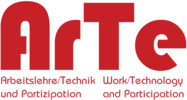
Aktuelles
Termine
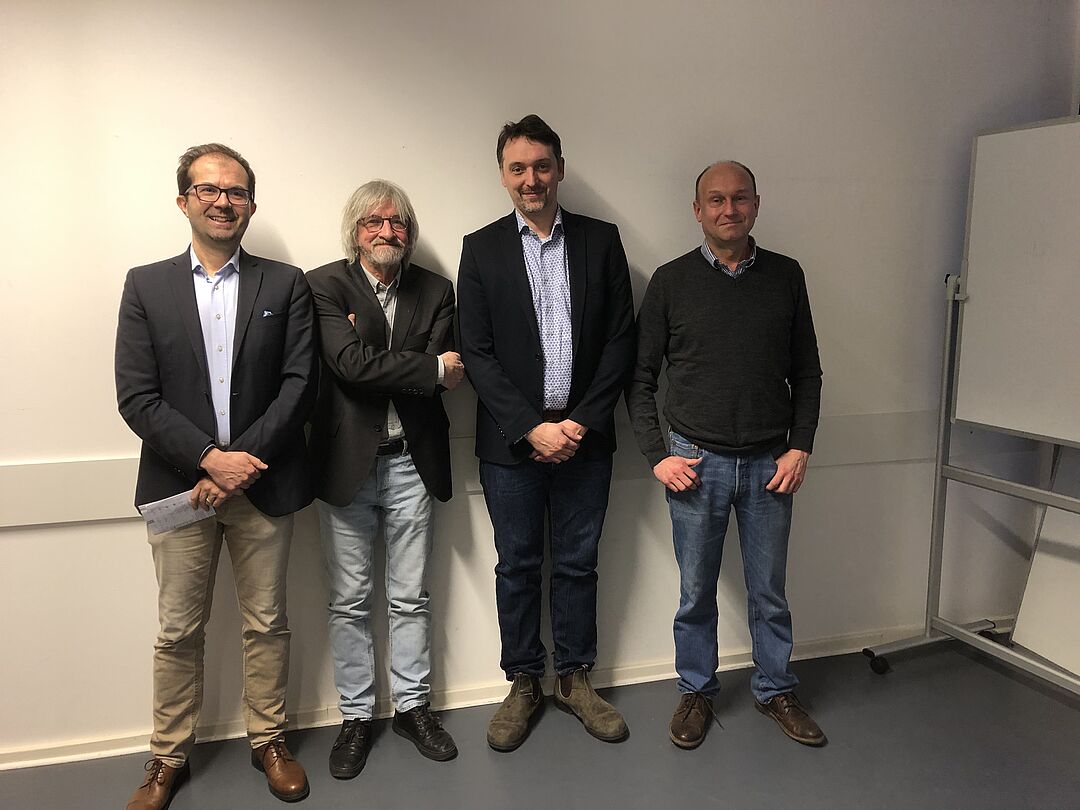
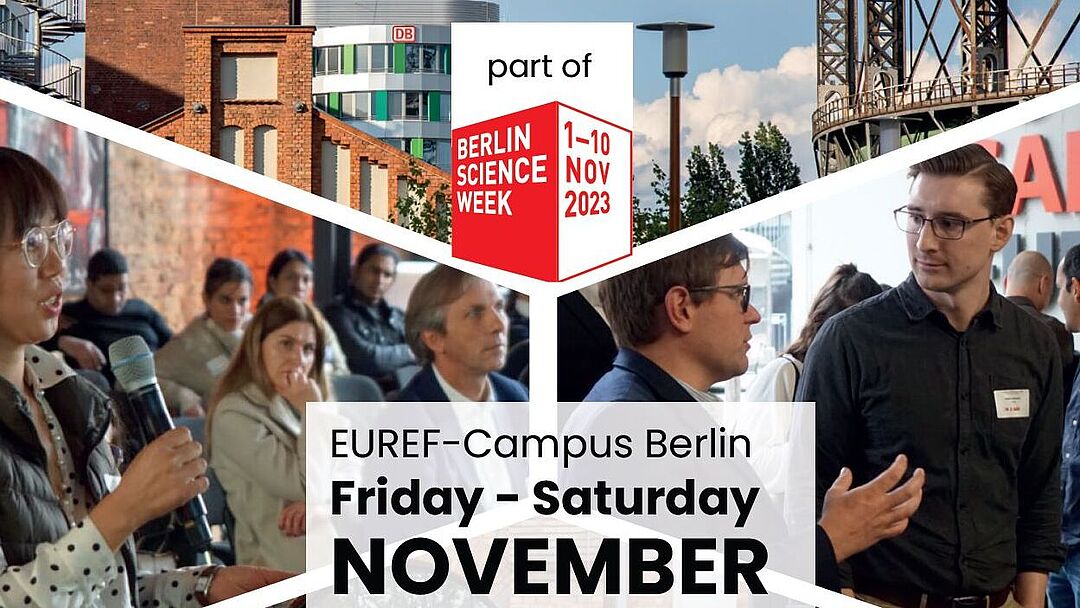

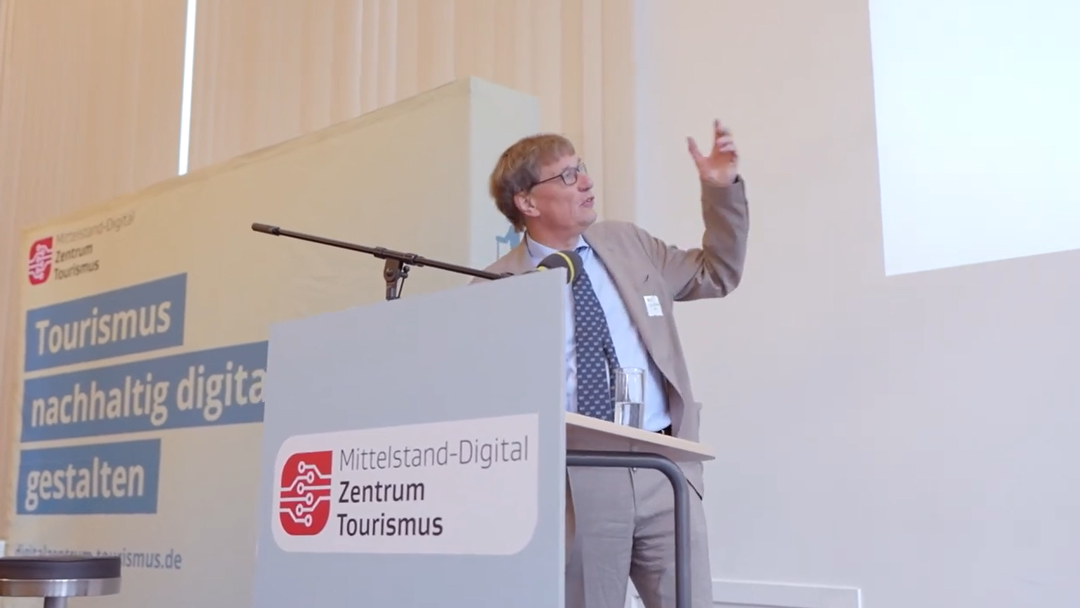
Adresse
Arbeitslehre/Technik und Partizipation
| Einrichtung | Institut für Berufliche Bildung und Arbeitslehre |
|---|---|
| Sekretariat | MAR 1-1 |
| Adresse | Marchstr. 23 10587 Berlin |
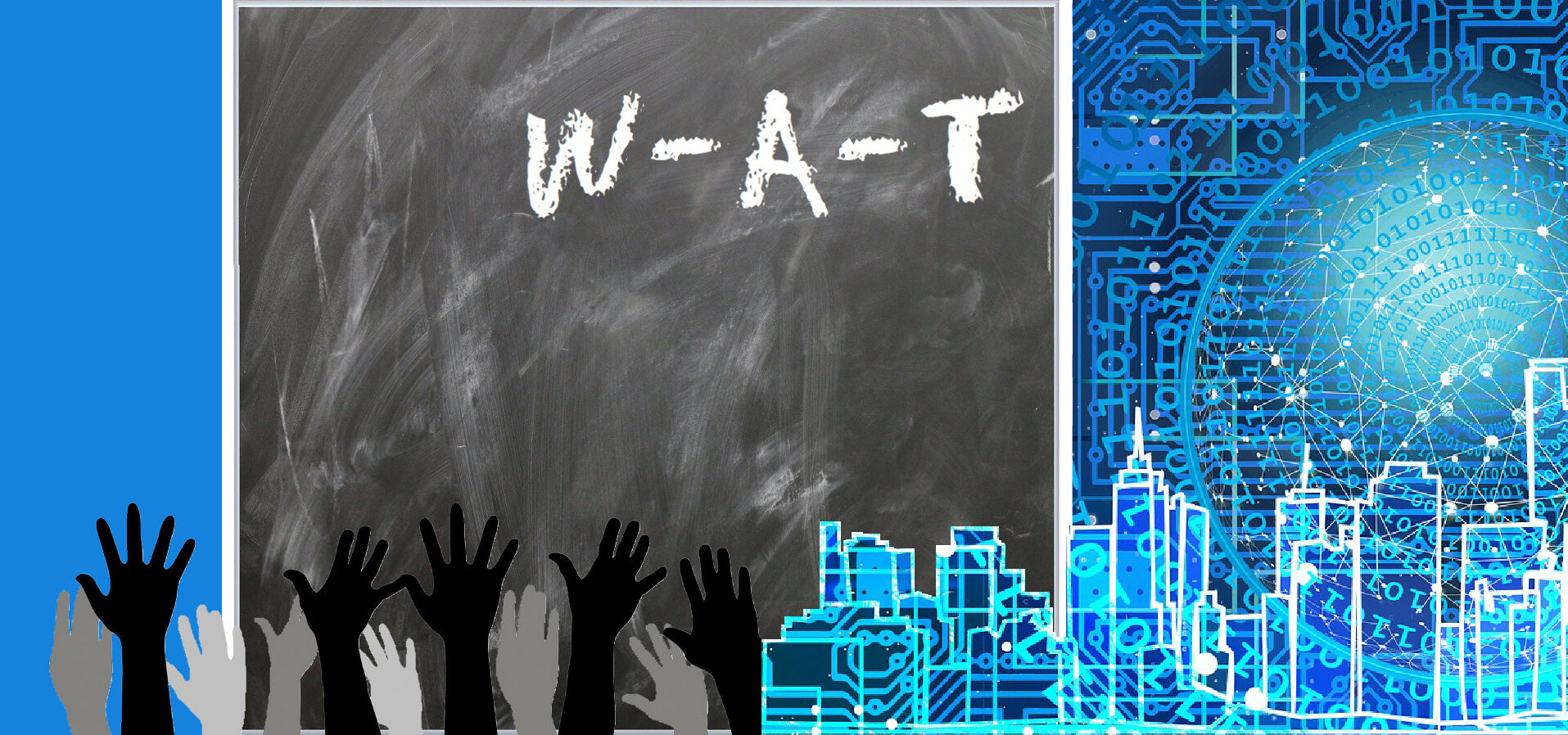 © J. Bathke
© J. Bathke




Arbeitslehre/Technik und Partizipation
| Einrichtung | Institut für Berufliche Bildung und Arbeitslehre |
|---|---|
| Sekretariat | MAR 1-1 |
| Adresse | Marchstr. 23 10587 Berlin |
